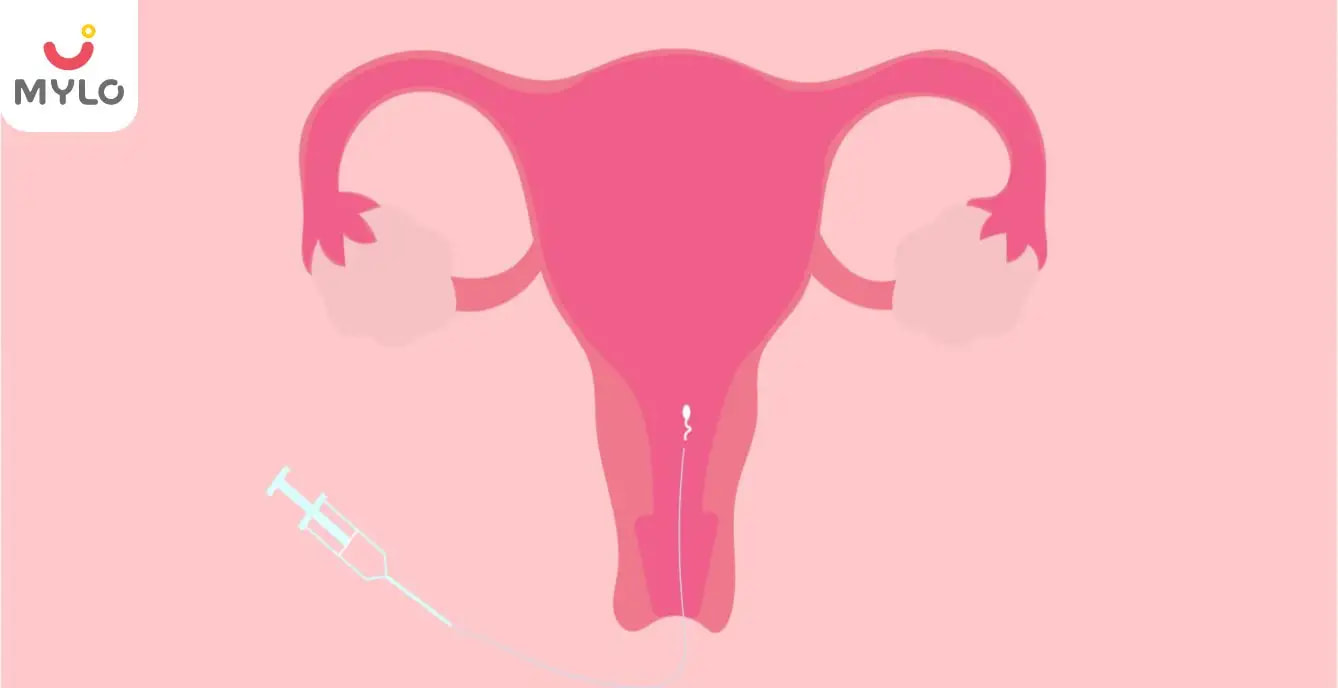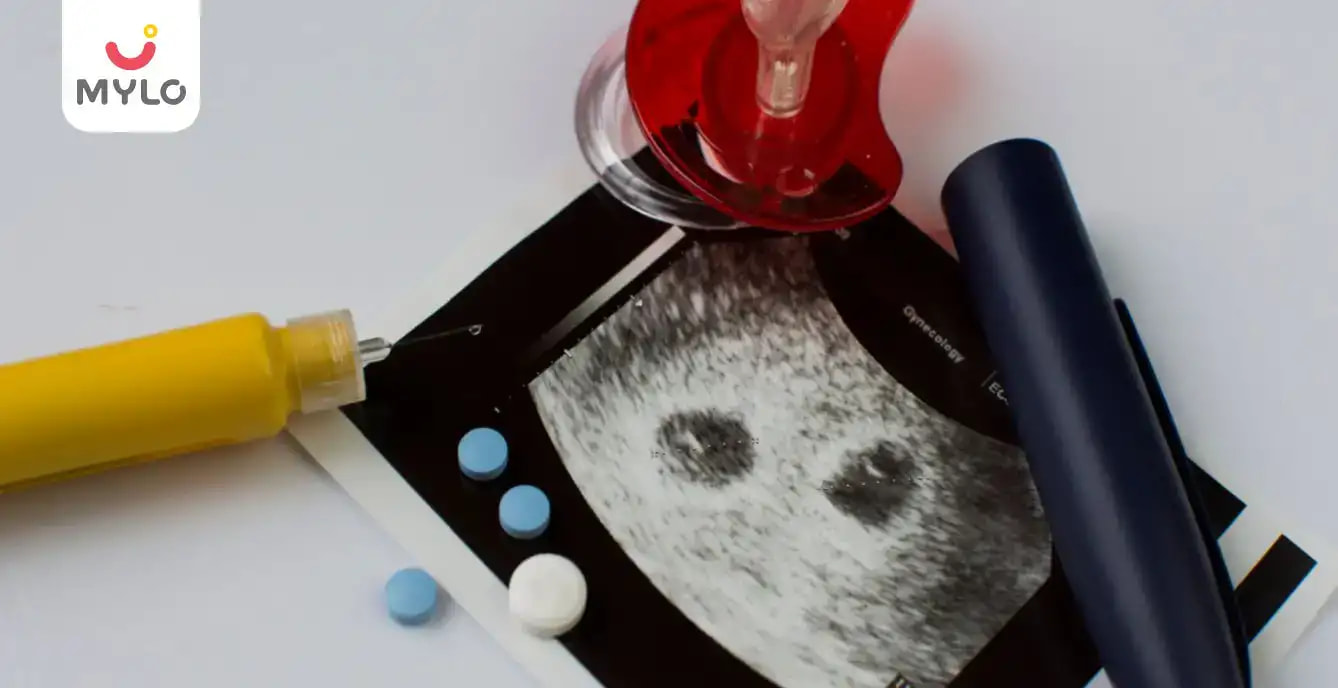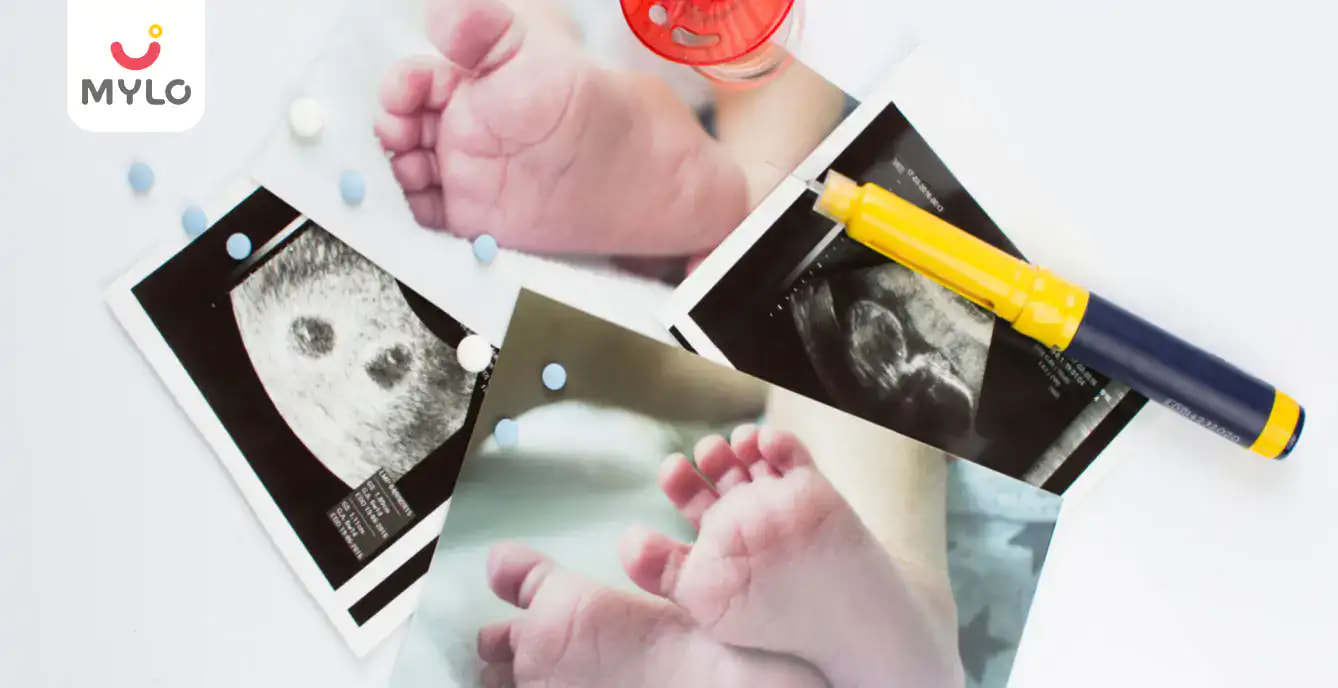Home

Conception

Is IUI (Intra Uterine Insemination) Painful?
In this Article

Conception
Is IUI (Intra Uterine Insemination) Painful?
Updated on 3 November 2023
What is intrauterine insemination?
Intrauterine insemination (IUI) is a fertility treatment where a needle is used to inject sperm directly into a womb. While it increases the chances of pregnancy, it can be a painful procedure. Doctors performing IUI must complete a series of tests to identify any health issues that could contribute to discomfort or pain during the process.
Why is IUI done?
Here are some reasons why IUI is carried out:
- To impregnate women with donated sperm
- To impregnate women with unexplained infertility
- To impregnate women with conditions like endometriosis
- To impregnate women with cervical factor infertility
- To impregnate women with ovulatory factor infertility
- To impregnate women with semen allergy
What is the procedure like for a woman who's having IUI?
Most women get through IUIs without any complications. However, some suffer from an intrauterine infection (IUI). These infections usually result from poor hygiene or emotional trauma, which can be challenging to manage.
What are the risks of doing IUI?
The risk of major problems during intrauterine insemination is low, and the procedure is generally easy and safe. However, a few risks consist of:
1. Infection
There is a very small chance that the surgery will result in an infection.
2. Spotting
Sometimes, a little vaginal bleeding occurs due to inserting the catheter into the uterus. Usually, this has no impact on a woman's odds of getting pregnant.
3. Multiple pregnancies
While IUI doesn't put women at a higher risk of having twins, triplets, or more pregnancies, there is a considerable increase in the likelihood of multiple pregnancies when used with ovulation-inducing drugs. The risks for premature labour and low birth weight are higher for multiple pregnancies than for single pregnancies.
How common are IUI injuries?
According to a study of 2,890 IUI patients, 36.6% of people report having experienced trauma during the procedure that led to injury or illness. This is likely to be the result of overuse or poor hygiene. In these cases, soreness, redness, and tightness in the pelvic area (intruding organs) can develop.
Is IUI a painful procedure?
It is natural to wonder how painful IUI is. The truth is, people may feel a little discomfort on or around the cervix and ovaries. There should not be any pain in the vaginal canal or rectum. You will likely experience mild cramping for a few hours after the procedure, but this can be managed with over-the-counter medication such as ibuprofen. If you feel pain during your IUI treatment or for more than 4 hours after your IUI treatment, go to the hospital immediately.
How to prevent pain during IUI?
You can do a few things to prevent you from experiencing painful IUI, such as:
- Exercise regularly. Visualisation is critical during IUI. It helps you relax, focus, and reduce your stress. - Don't sit or stand erect during IUI. This can lead to higher stress levels and an increased risk of injury.
- Use a sitting or walking bed while you're having IUI. This may improve your posture and position your body better for the procedure.
- Avoid standing or sitting during IUI. This can lead to lower back and spine issues, leading to lower back spasms and spasms in the limbs.
- Avoid texting or making phone calls while having IUI. This can also lead to higher stress levels, increased risk of injury, and increased risk of an accident.
What are the pros and cons of using IUI?
|
Pros |
Cons |
|
|
What are the chances of success for IUI?
The success rate of intrauterine insemination (IUI) is very high. According to a European Society of Human Reproduction and Embryology study, the success rate increases with age. A woman in her late 30s who has undergone IUI has a 50% chance of becoming pregnant.
However, since IUI treatment does not require anaesthesia for the husband or female partner, the procedure takes about 10 minutes to complete and is remarkably stress-free. And this is why many people prefer IUI over more invasive procedures like in-vitro fertilisation (IVF).
Conclusion
Intrauterine insemination (IUI) is a fertility treatment that uses a needle to inject a man's sperm directly into a woman's womb. IUI can be a very effective way to conceive, but for many women, IUI is painful.
You must speak with your doctor if you're experiencing pain during IUI. They may be able to prescribe pain relief medications or recommend other ways to make the process more comfortable. If you think you might be experiencing unstoppable pain even after days of operation, make an appointment with your doctor. They may be able to recommend some medications that can treat the condition.
References
- Allahbadia GN. (2017) Intrauterine Insemination: Fundamentals Revisited. www.ncbi.nlm.nih.gov
- Ayeleke RO, Asseler JD, Cohlen BJ, Veltman-Verhulst SM. (2020). Intra-uterine insemination for unexplained subfertility. www.ncbi.nlm.nih.gov
Tags
Is IUI (Intra Uterine Insemination) Painful in Tamil, Is IUI (Intra Uterine Insemination) Painful in Bengali



Written by
Priyanka Verma
Priyanka is an experienced editor & content writer with great attention to detail. Mother to an 11-year-old, she's a ski
Read MoreGet baby's diet chart, and growth tips

Related Articles
Related Questions
Hello frnds..still no pain...doctor said head fix nhi hua hai..bt vagina me pain hai aur back pain bhi... anyone having same issues??

Kon kon c chije aisi hai jo pregnancy mei gas acidity jalan karti hain... Koi btayega plz bcz mujhe aksar khane ke baad hi samagh aata hai ki is chij se gas acidity jalan ho gyi hai. Please share your knowledge

I am 13 week pregnancy. Anyone having Storione-xt tablet. It better to have morning or night ???

Hlo to be moms....i hv a query...in my 9.5 wk i feel body joint pain like in ankle, knee, wrist, shoulder, toes....pain intensity is high...i cnt sleep....what should i do pls help....cn i cosult my doc.

Influenza and boostrix injection kisiko laga hai kya 8 month pregnancy me and q lagta hai ye plz reply me

Related Topics
RECENTLY PUBLISHED ARTICLES
our most recent articles

Diet & Nutrition
গর্ভাবস্থায় আলুবোখরা: উপকারিতা ও ঝুঁকি | Prunes During Pregnancy: Benefits & Risks in Bengali

Diet & Nutrition
গর্ভাবস্থায় হিং | ঝুঁকি, সুবিধা এবং অন্যান্য চিকিৎসা | Hing During Pregnancy | Risks, Benefits & Other Treatments in Bengali

Women Specific Issues
স্তনের উপর সাদা দাগ: লক্ষণ, কারণ এবং চিকিৎসা | White Spots on Nipple: Causes, Symptoms, and Treatments in Bengali

Diet & Nutrition
গর্ভাবস্থায় পোহা: উপকারিতা, ধরণ এবং রেসিপি | Poha During Pregnancy: Benefits, Types & Recipes in Bengali

Diet & Nutrition
গর্ভাবস্থায় মাছ: উপকারিতা এবং ঝুঁকি | Fish In Pregnancy: Benefits and Risks in Bengali

Diet & Nutrition
গর্ভাবস্থায় রেড ওয়াইন: পার্শ্ব প্রতিক্রিয়া এবং নির্দেশিকা | Red Wine During Pregnancy: Side Effects & Guidelines in Bengali
- ইনার থাই চ্যাফিং: কারণ, উপসর্গ এবং চিকিৎসা | Inner Thigh Chafing: Causes, Symptoms & Treatment in Bengali
- গর্ভাবস্থায় ব্রাউন রাইস: উপকারিতা ও সতর্কতা | Brown Rice During Pregnancy: Benefits & Precautions in Bengali
- Velamentous Cord Insertion - Precautions, Results & Safety
- Unlock the Secret to Flawless Skin: 7 Must-Have Qualities in a Face Serum
- Unlock the Secret to Radiant Skin: How Vitamin C Serum Can Transform Your Complexion
- Gender No Bar: 10 Reasons Why Everyone Needs a Body Lotion
- Unlock the Secret to Radiant Skin How to Choose the Perfect Body Lotion for Your Skin Type
- Top 10 Reasons to Apply a Body Lotion After Every Bath
- Communication in Toddlers: Milestones & Activities
- How to Improve Vocabulary for Toddlers?
- A Comprehensive Guide to Understanding Placenta Accreta
- Vulvovaginitis in Toddlers Causes, Symptoms and Treatment
- A Comprehensive Guide to Understanding Cerebral Palsy in Children
- Bitter Taste in Mouth During Pregnancy: Understanding the Causes and Remedies


AWARDS AND RECOGNITION

Mylo wins Forbes D2C Disruptor award

Mylo wins The Economic Times Promising Brands 2022
AS SEEN IN
















- Mylo Care: Effective and science-backed personal care and wellness solutions for a joyful you.
- Mylo Baby: Science-backed, gentle and effective personal care & hygiene range for your little one.
- Mylo Community: Trusted and empathetic community of 10mn+ parents and experts.
Product Categories
baby carrier | baby soap | baby wipes | stretch marks cream | baby cream | baby shampoo | baby massage oil | baby hair oil | stretch marks oil | baby body wash | baby powder | baby lotion | diaper rash cream | newborn diapers | teether | baby kajal | baby diapers | cloth diapers |








